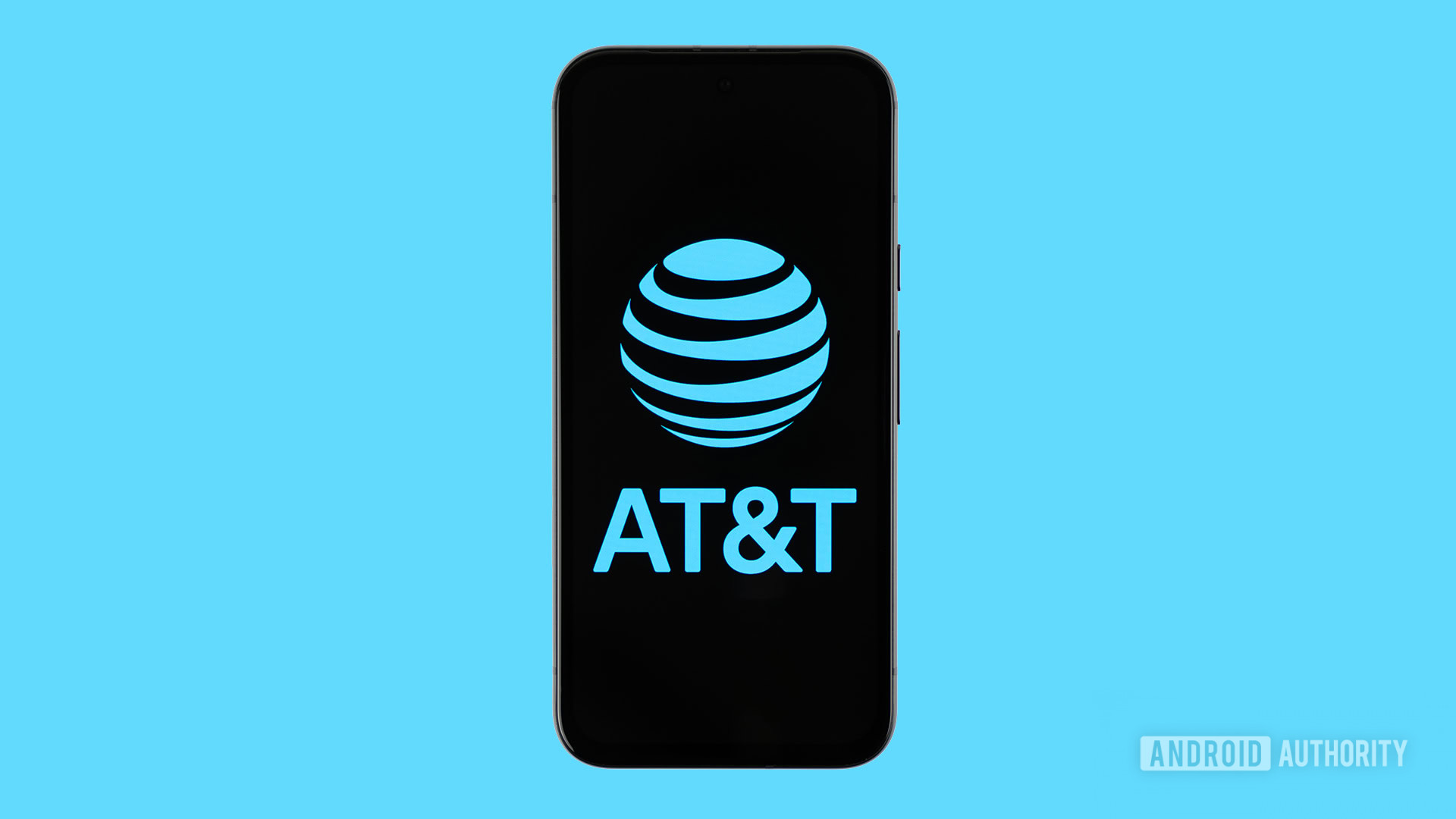FLINT, MI – Kettering University has received a purportedly substantial software gift worth millions of dollars from Synopsys, a global leader in comprehensive semiconductor software and electronic design automation tools.
University officials announced the gift this week, saying Kettering is now one of a small number of the nation’s top engineering-focused universities offering the software and design suite access to faculty and students.
“It’s really a big problem. This is a type of industry-standard, comprehensive suite… software used by the world’s leading companies,” Kettering President Robert K. McMahan said in a statement. “Most people use parts of (the system) because it’s… very expensive.
“In this case we have 50 seats with unlimited access. Only a few universities in the country have this kind of access,” McMahan said.
Known for its groundbreaking artificial intelligence and machine learning, Synopsys has developed its suite of software for designing, simulating and verifying integrated circuits and systems that power cutting-edge technologies in industries such as automotive, telecommunications and consumer electronics.
Semiconductor technologies are the backbone of the world’s fastest-growing industries, including autonomous vehicles, electric mobility and artificial intelligence.
Kettering officials said they will use the new software access and additional curriculum developments to invest in expanding and developing its semiconductor engineering education and training capabilities in response to the growing market.
The software will also be integrated into the university’s Industry 4.0 Lab, a hub for cutting-edge research and technology on campus.
There are plans to redevelop courses in microelectronics design, semiconductor manufacturing practice and the basics of semiconductor devices, according to the university, which has more than 27,000 square meters of laboratory and research space used by faculty, students and industry employees.
The university is also home to the nation’s first and only Robotics Community Center on a college campus.
“It’s a very important opportunity for us, the state and the university,” McMahan said of the developments. “It gives us an incredibly valuable opportunity to train students (and to) collaborate with companies in their engineering and development work.”
University officials said Kettering graduates will enter the job market with key skills and firsthand experience with the same technology used by companies such as NVIDIA, Google, Samsung and Intel to create next-generation semiconductor systems and devices.
Kettering officials said the university and Synopsys share a long-standing industry connection with Bob Kagle, who graduated from Kettering in 1978 and went on to found Benchmark Capital. Kagle was one of the first investors in Synopsys.
“Kettering is taking a remarkable step forward by bringing Synopsys into the classroom, giving students hands-on access to tools that are shaping the future of technology,” Kagle said in a statement from the university. “I am proud that Kettering is leading in an area so critical to global progress, and I am pleased to support this transformational partnership.”
Kettering has a long history of training engineers and industry leaders for a wide range of industries and technologies. Last year, it was selected as the only private institution in the state to be part of the Michigan Economic Development Corp.’s Michigander Scholars Program, in which the semiconductor industry plays a major role.
Wayne State University, Michigan State University, the University of Michigan and Michigan Technological University are also partners in the program, which offers scholarships to students who will pursue a co-op or internship and accept full-time employment as a computer, electrical or process engineer or software developer at a company in Michigan.









